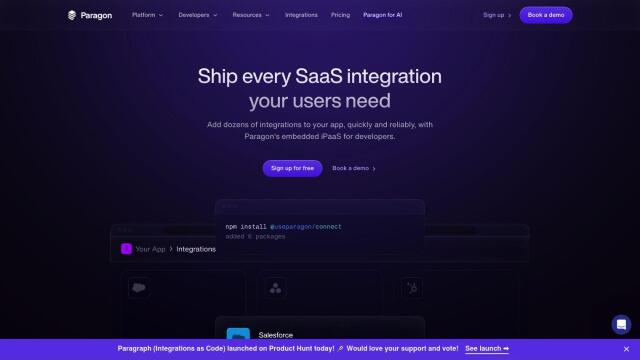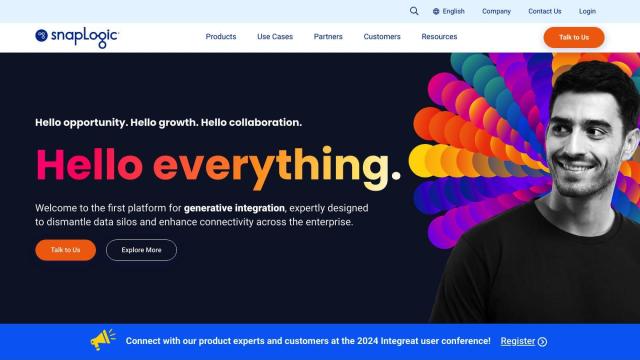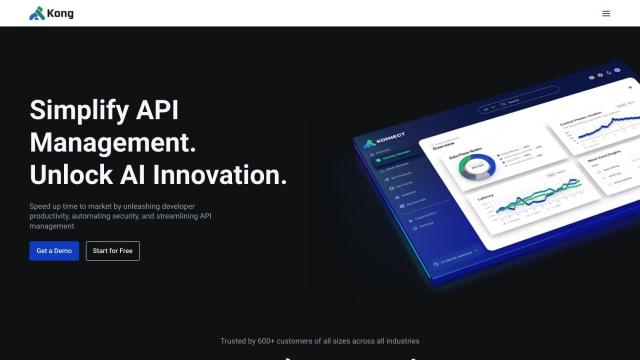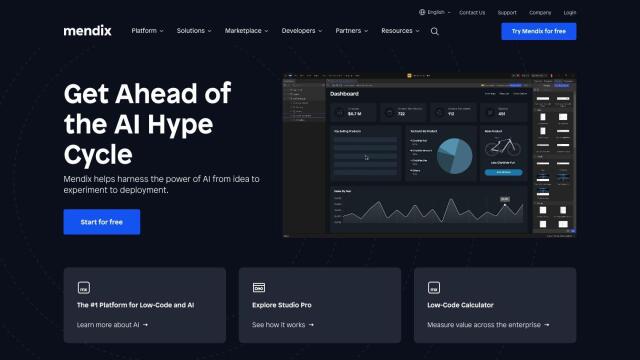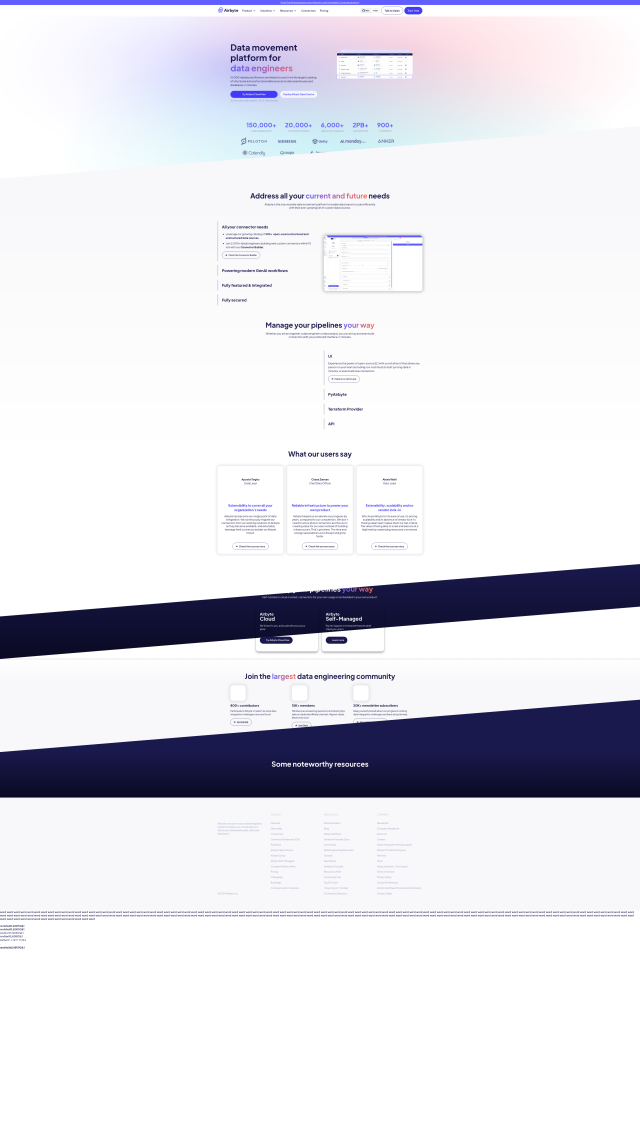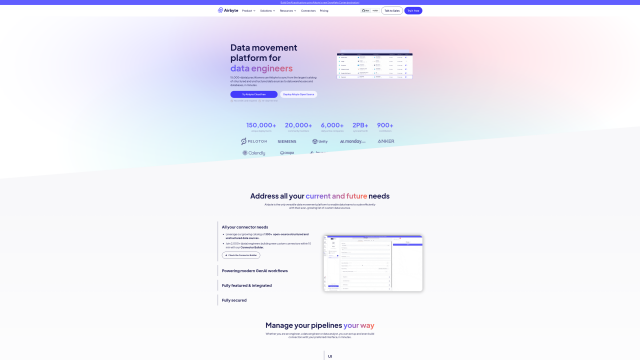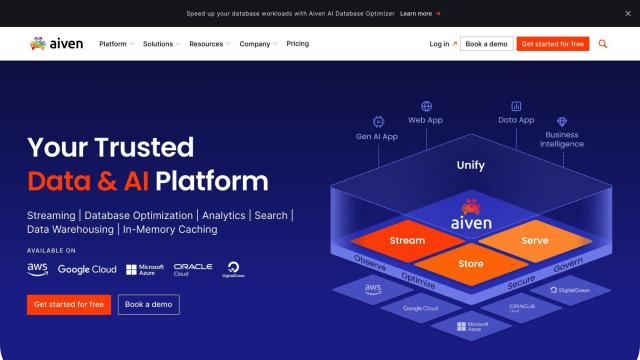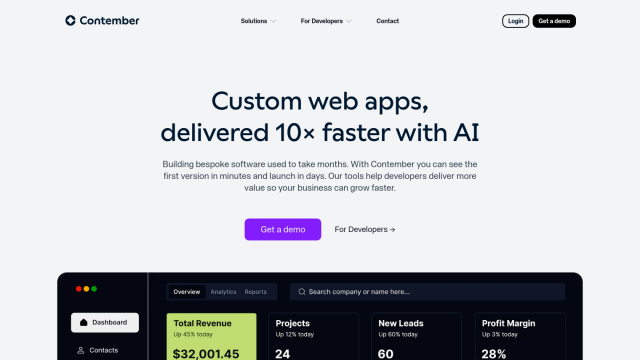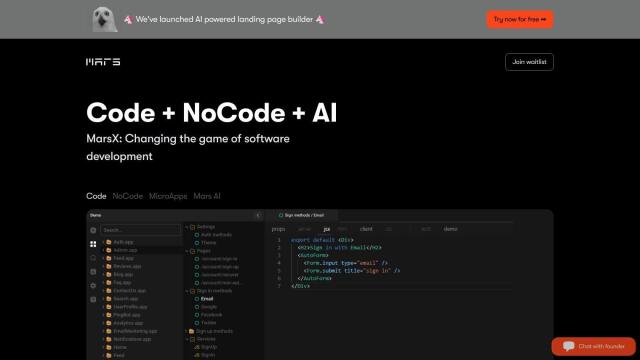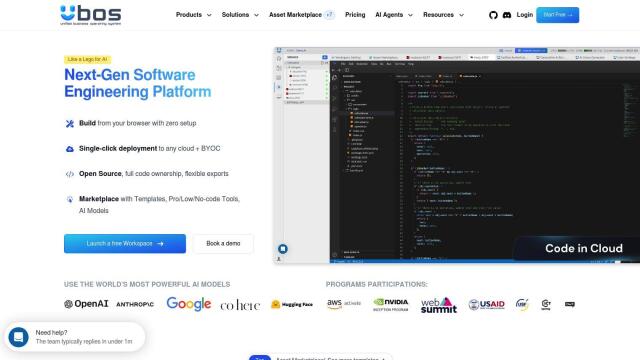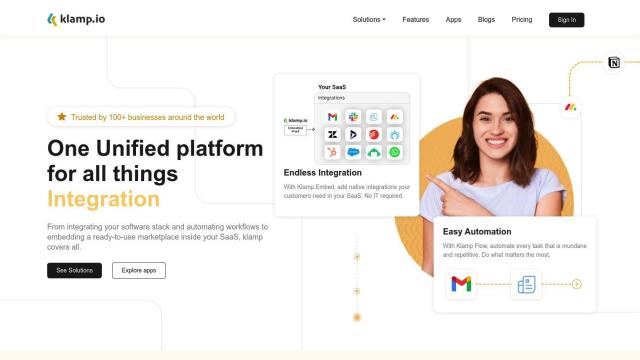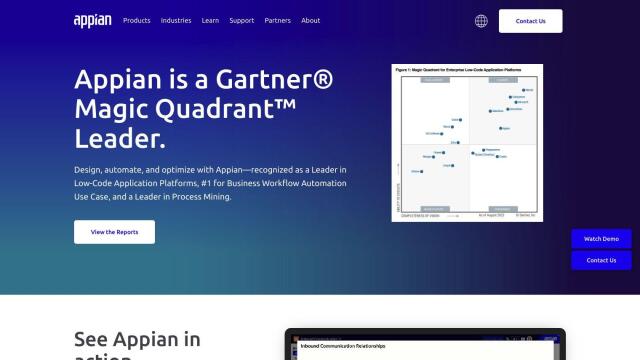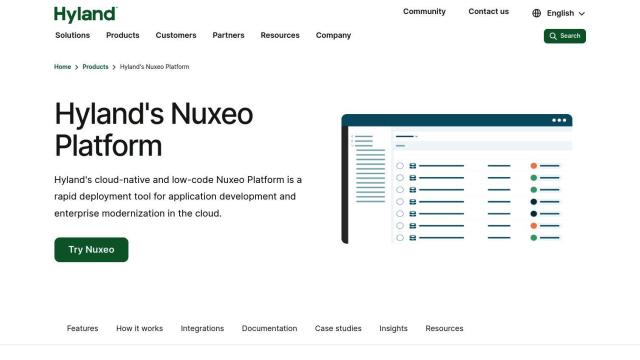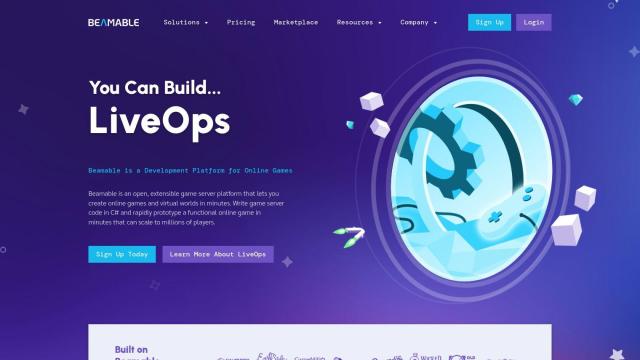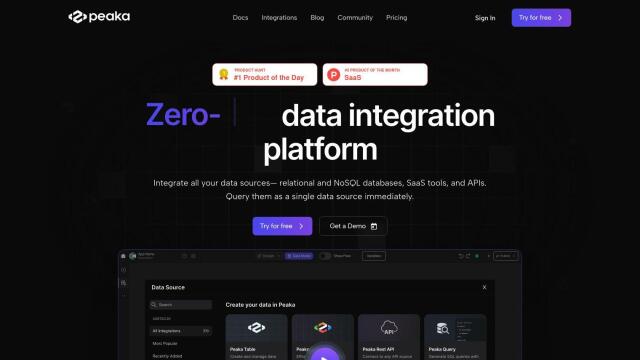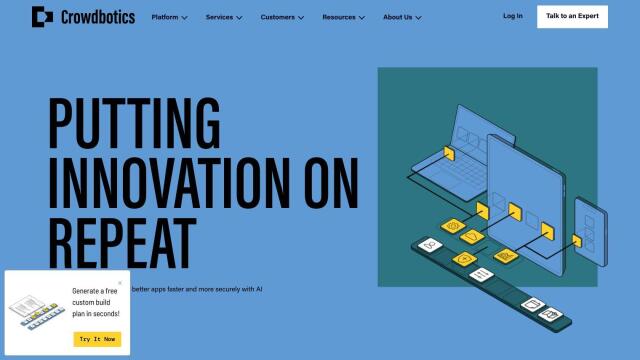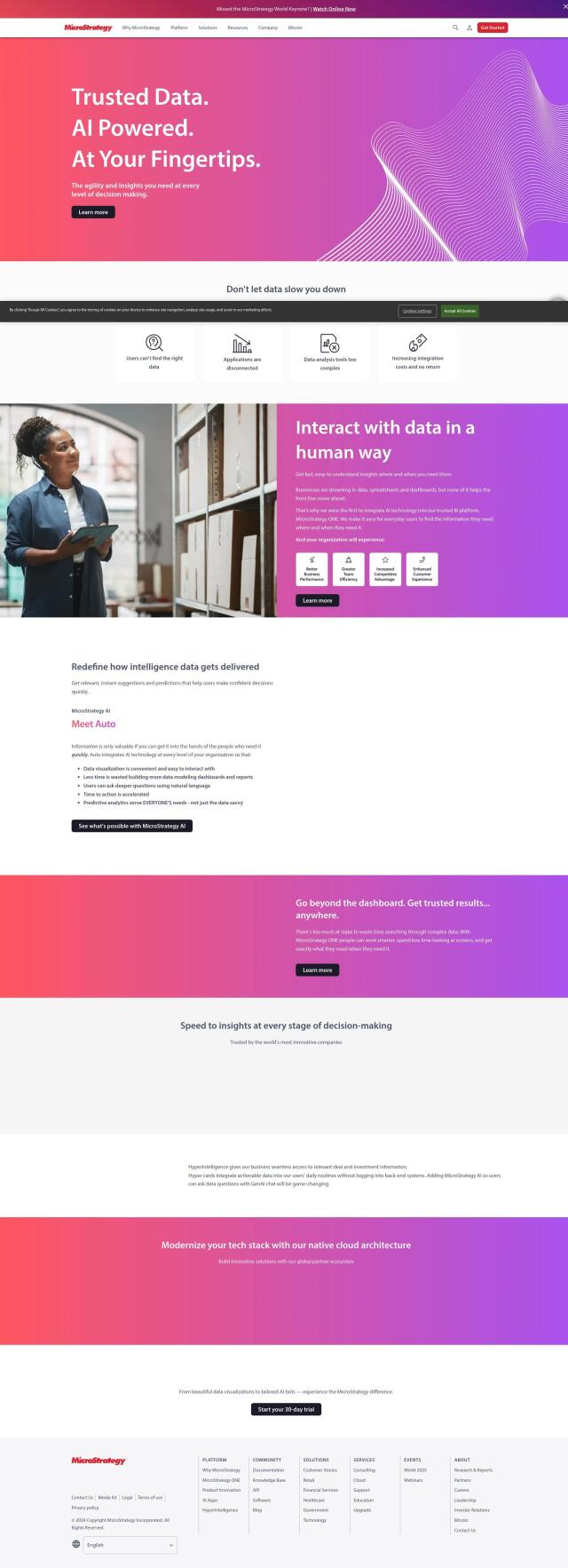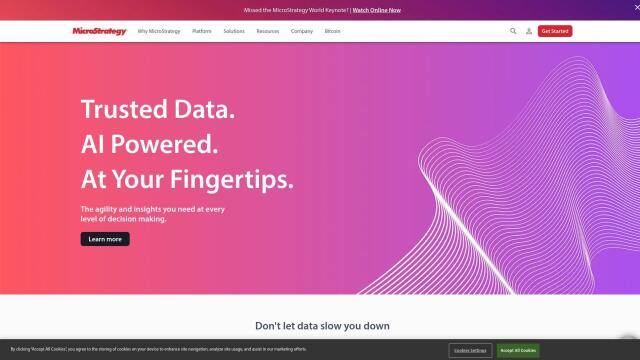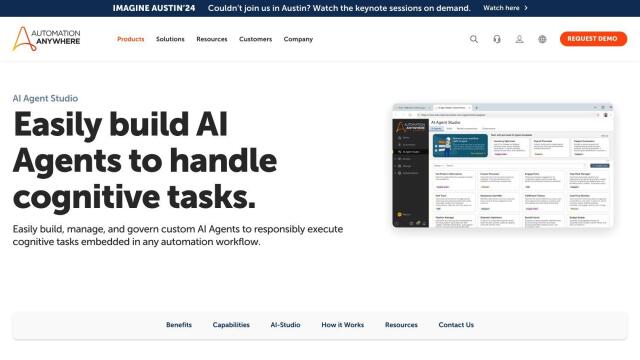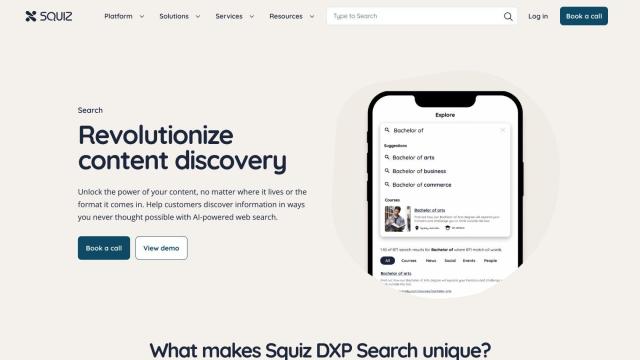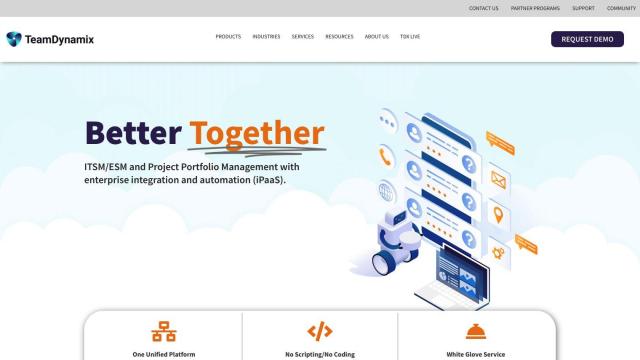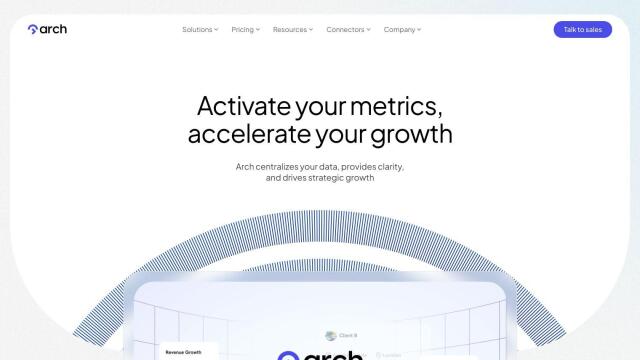Question: Looking for a platform that integrates easily with custom functionality and has a microservice architecture.

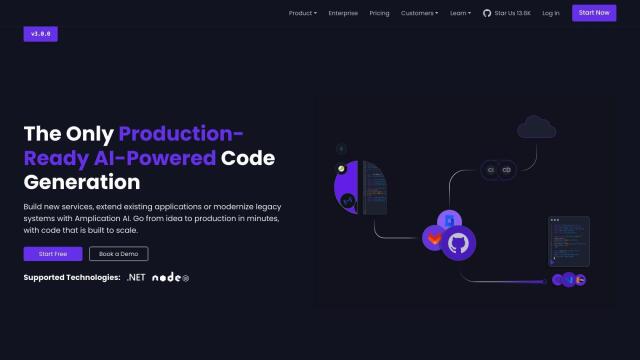
Amplication
If you want a platform that plays well with custom functionality and has a microservice architecture, Amplication is a good option. This open-source tool for building .NET and Node.js apps uses AI to generate production-ready backends. It supports full-featured GraphQL and REST APIs, role-based access control and microservices. Amplication also has a plugin system, continuous Git sync and can generate Docker containers or link to CI/CD tools and cloud services. It can handle monorepo or polyrepo structures and can keep development teams in sync.

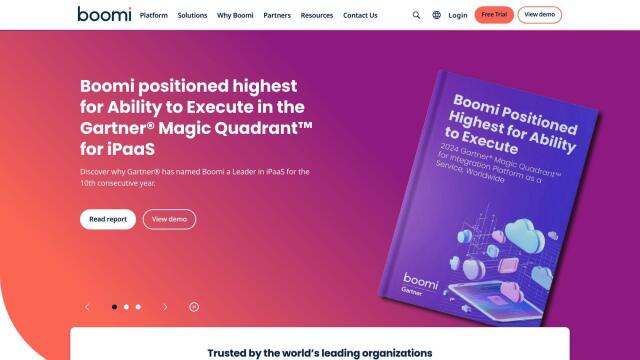
Boomi
Another good option is Boomi, a cloud-based Integration Platform as a Service (iPaaS) that lets companies connect applications, databases and APIs into a network of interlinked business processes. Boomi offers integration, API management and data management tools, with more than 300,000 prebuilt connections to many apps. It spans many business areas and industries, and has a broad ecosystem with a large community of users and certified experts. It's good for digital transformation and offers scalable integration solutions.

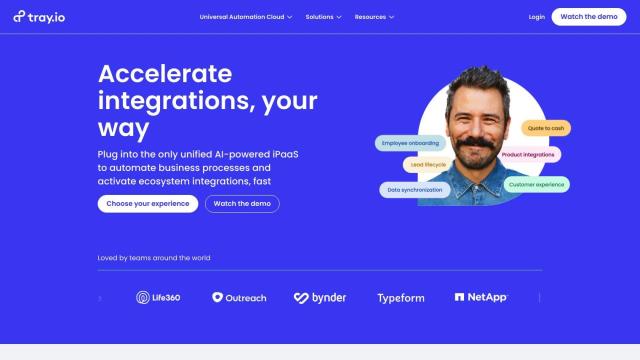
Tray
If you want low-code or no-code integration, Tray is another option. It's an AI-powered Integration Platform as a Service that automates API integrations and business processes with the least amount of coding required. Tray has a strong governance and security foundation, and works with many industries with its flexible and scalable architecture. It's good for companies that want to increase productivity and simplify integrations.
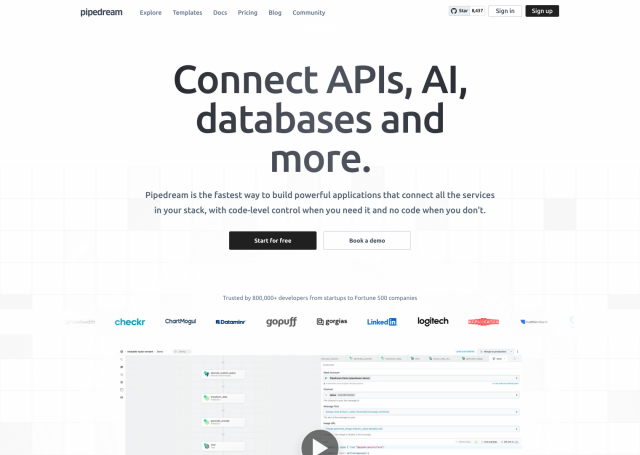
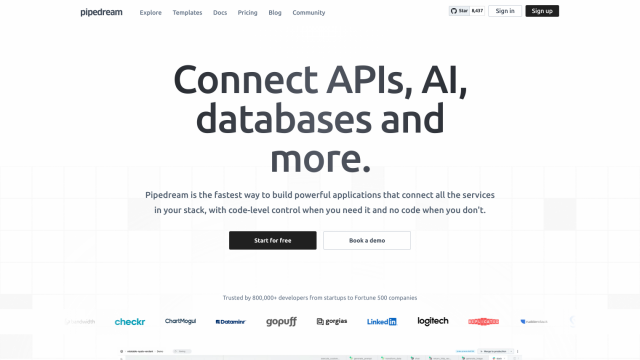
Pipedream
Last, Pipedream is a flexible tool that lets developers build complex applications that span multiple services. It's got low-level code control and no-code interfaces, so you can deploy applications immediately without worrying about server overhead. With access to more than 2,100 APIs, it's a good option for linking multiple services together, and it supports multiple programming languages, so it's good for a wide range of development needs.

